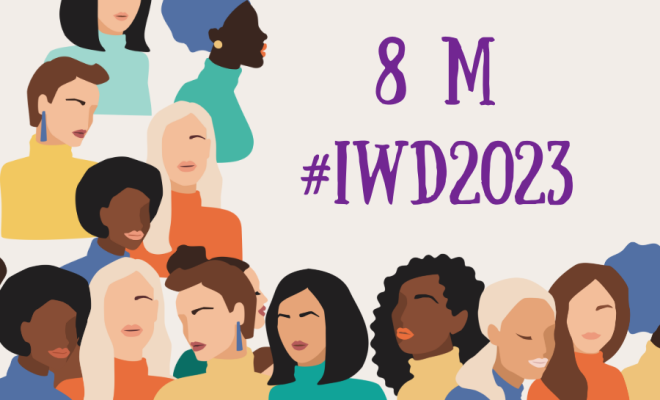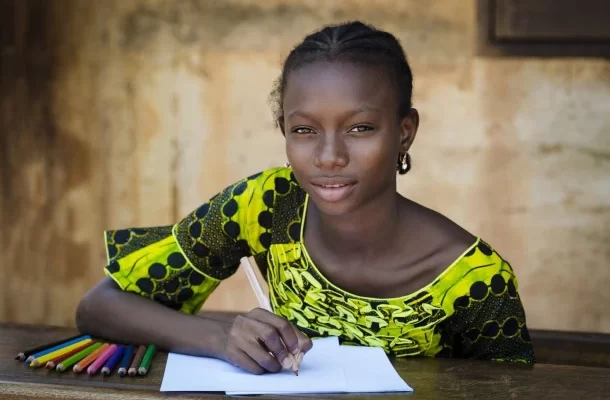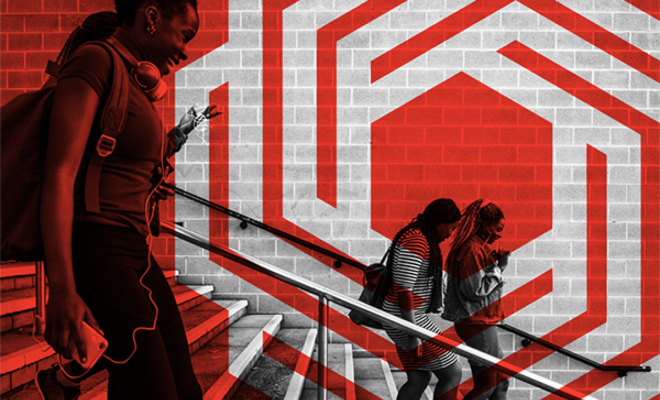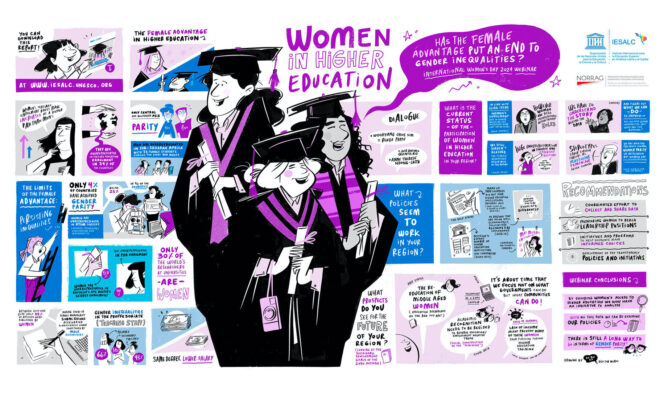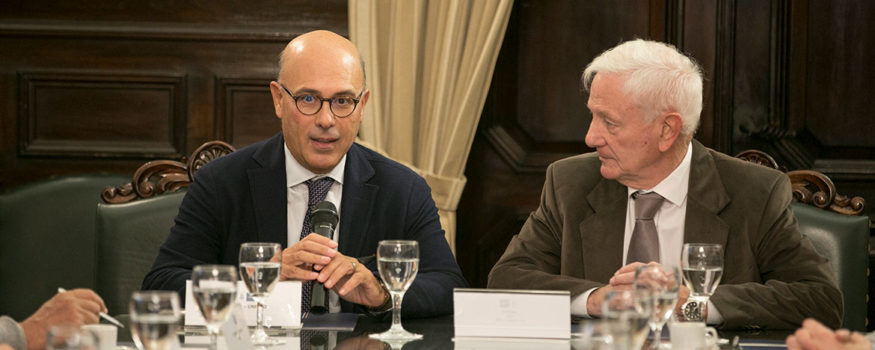Discrimination continues to affect indigenous population | MVS Noticias
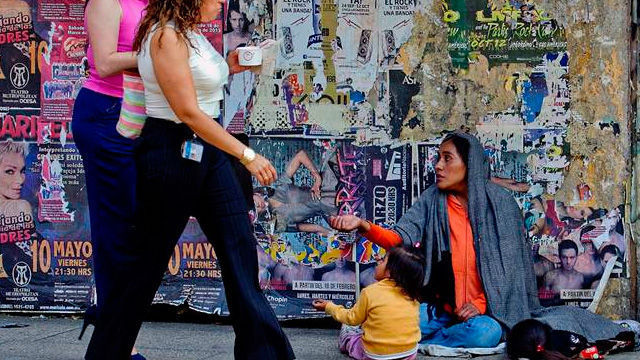
Political scientist Daniel Mato indicated that it is fundamental to support indigenous educational institutions
By Jatziri Magallanes | Monday March 21, 2022
Within the framework of the International Day for the Elimination of Racial Discrimination 2022, UNESCO highlighted that discrimination continues to affect indigenous and Afro-descendant peoples in Latin America.
At the UNESCO IESALC seminar for Higher Education in Latin America and the Caribbean on institutional racism, political scientist Daniel Mato indicated that “it is fundamental to support indigenous educational institutions”.
“Racial discrimination is only one of the manifestations of racism, the most evident, in Latin America. This regime of power historically affected and continues to affect indigenous and Afro-descendant peoples. In Latin American societies, racism is so naturalized that the majority of the population tends to limit the use of the concept of racism to explicit acts of racial discrimination,” he indicated.
Noting that 13 intercultural universities have been created in Mexico, he urged reviewing the study plans of all careers to include the world views, languages, knowledge, learning modalities and ways of knowing of these peoples.
“In addition, it is necessary to establish affirmative action programs that ensure the participation rights of members of indigenous peoples and Afro-descendants, not only as students but also as teachers and as authorities in higher education institutions and systems,” he explained.
In the same way, he asked to ensure that the location of higher education institutions take into account the needs and proposals of these peoples, “it is urgent to promote the creation of universities and other types of higher education institutions of an intercultural nature.”
“It is necessary to promote public education campaigns in collaboration with indigenous and Afro-descendant organizations that show the incidence of the heritage of the past in our contemporary societies and it is crucial to promote reflections, debates and actions to eradicate racism in university higher education policies”, he emphasized.
Original note and photo from MVS Noticias: https://mvsnoticias.com/noticias/nacionales/discriminacion-sigue-afectando-a-la-poblacion-indigena-unesco/
Free translation of the original: Discriminación sigue afectando a la población indígena: Unesco
Related links:
Video: Webinar: What can HEIs do to eradicate racism? ¿Qué pueden hacer las IES para erradicar el racismo? – March 21, 2022
Video: Webinar: Racism in the Academy: Global perspectives on multiple forms of racism and struggles for equity – November 18, 2021
Notes: Higher education both fights and reproduces racism | La academia combate y reproduce el racismo al mismo tiempo
RELATED ITEMS
